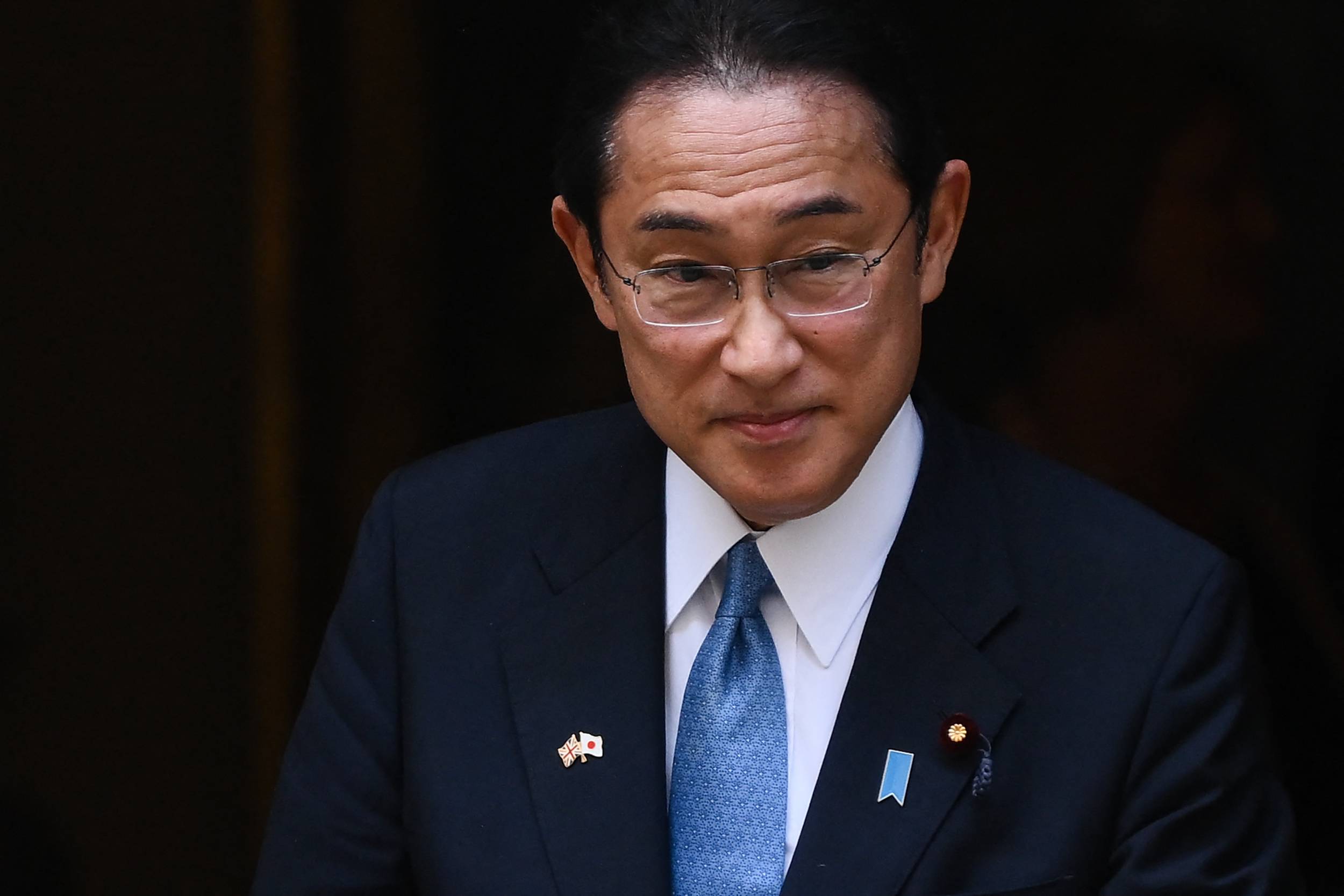During his recent visit to London, Prime Minister Fumio Kishida delivered a speech that surprised many in the finance sector.
Calling it the “Doubling Asset-based Incomes Plan," Kishida introduced one of his key economic policies for stimulating Japan’s growth by encouraging Japanese people to shift their savings into risk assets.
“In order to double the country’s income from asset investments, I will promote a bold and fundamental shift from savings to investment,” Kishida said.


















With your current subscription plan you can comment on stories. However, before writing your first comment, please create a display name in the Profile section of your subscriber account page.